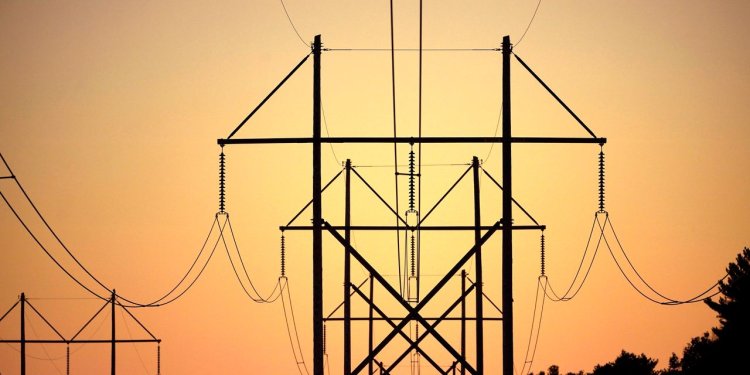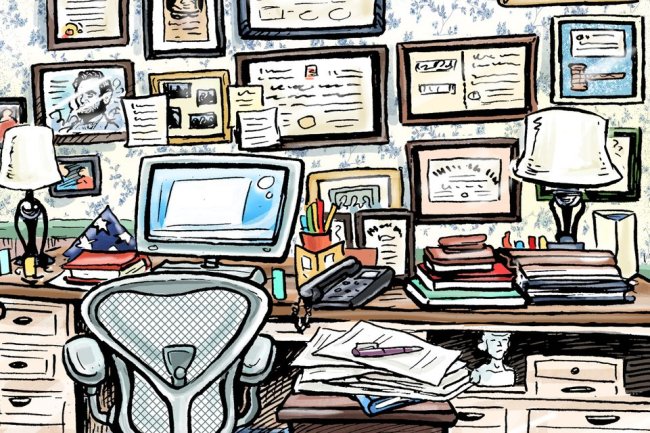Alan Blinder Defends the Supply-Shock Theory of Inflation
When energy-related prices rise, many other prices, being sticky downward, don’t fall. By Readers Aug. 6, 2023 11:09 am ET Photo: Robert F. Bukaty/Associated Press In “What We’ve Learned About Inflation” (op-ed, Aug. 2), John Cochrane argues that I (“Team Transitory Had a Point About Inflation,” op-ed, July 20) and other supporters of the supply-shock explanation of the recent rise and fall of inflation make two mistakes. I beg to differ. First, Mr. Cochrane claims, the supply-shock theory is about relative prices (that’s true), and that a rise in some relative price (e.g., energy) “can’t make the price of everything go up.” This is an old argument that monetarists started making a half-century ago, when the energy and food shocks struck. It has been debunked early and often. All that needs to happen is that when energy-related prices


Photo: Robert F. Bukaty/Associated Press
In “What We’ve Learned About Inflation” (op-ed, Aug. 2), John Cochrane argues that I (“Team Transitory Had a Point About Inflation,” op-ed, July 20) and other supporters of the supply-shock explanation of the recent rise and fall of inflation make two mistakes. I beg to differ.
First, Mr. Cochrane claims, the supply-shock theory is about relative prices (that’s true), and that a rise in some relative price (e.g., energy) “can’t make the price of everything go up.” This is an old argument that monetarists started making a half-century ago, when the energy and food shocks struck. It has been debunked early and often. All that needs to happen is that when energy-related prices rise, many other prices, being sticky downward, don’t fall. That is what happened in the 1970s, 1980s and 2020s.
Second, Mr. Cochrane claims, the supply-shock theory “predicts that the price level, not the inflation rate, will return to where it came from—that any inflation should be followed by a period of deflation.” No. Not unless the prices of the goods afflicted by supply shocks return to the status quo ante and persistent inflation doesn’t creep into other prices. Neither has happened in this episode.
Prof. Alan Blinder
Princeton University
Princeton, N.J.
Mr. Blinder served as vice chairman of the Federal Reserve, 1994-96.
What's Your Reaction?













